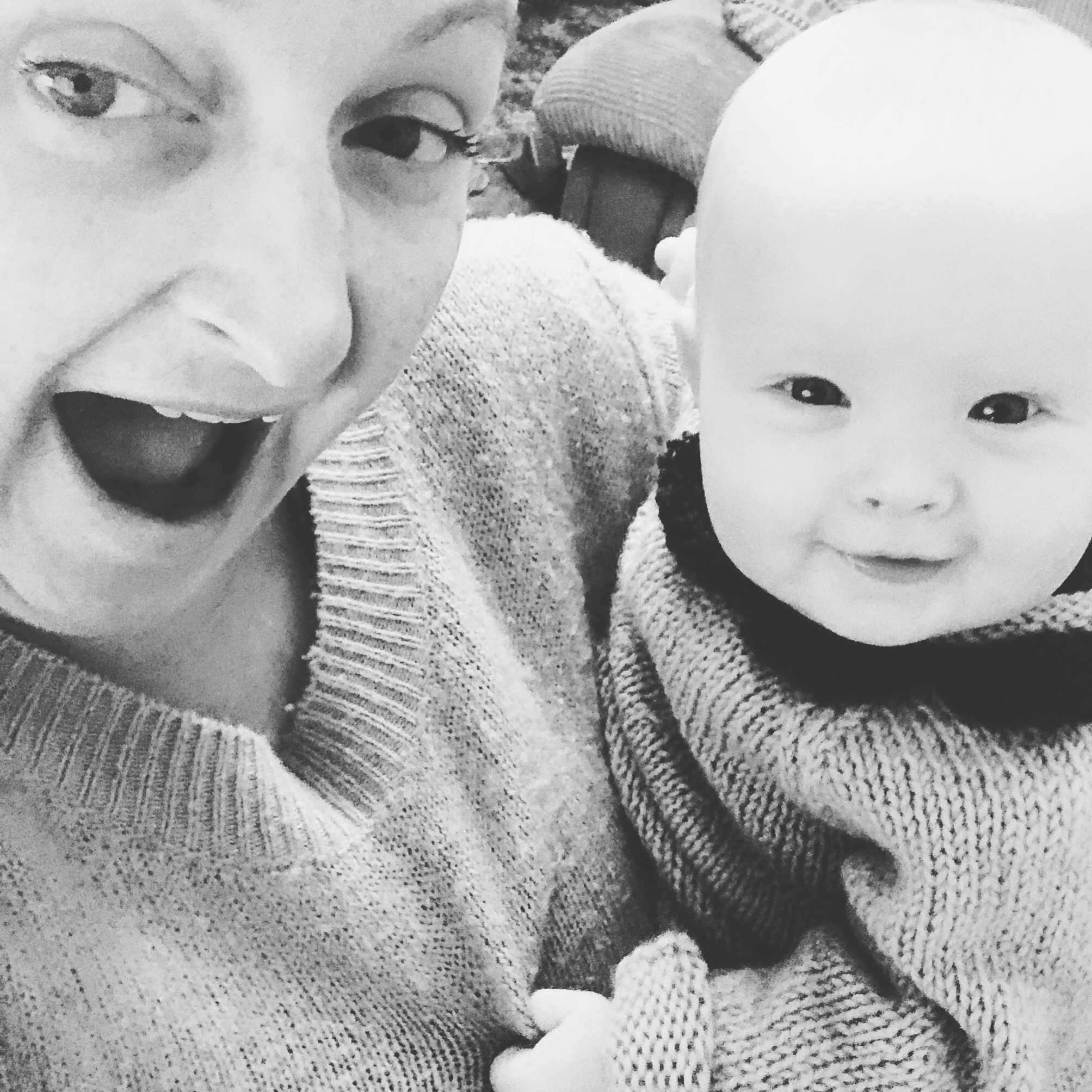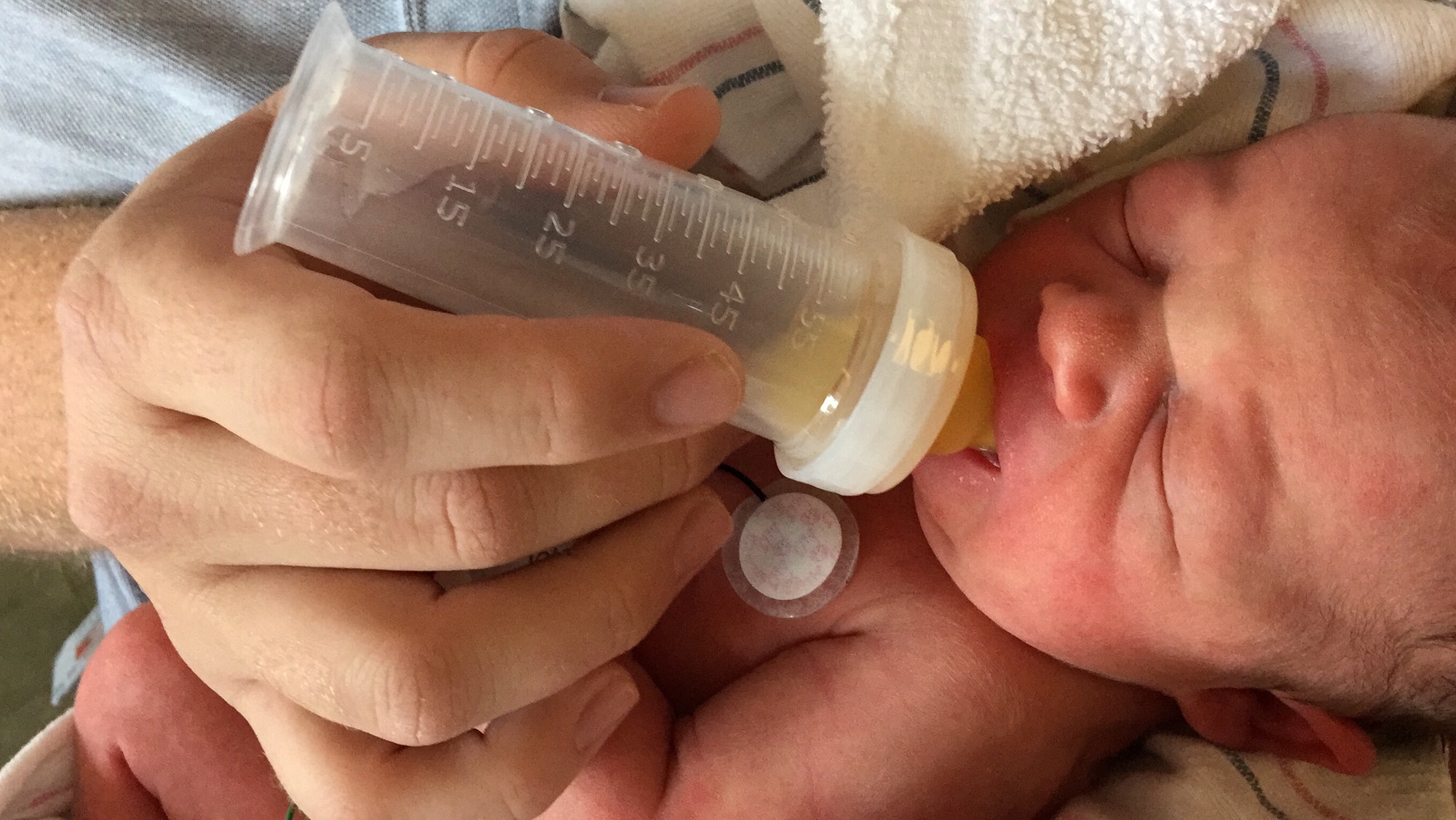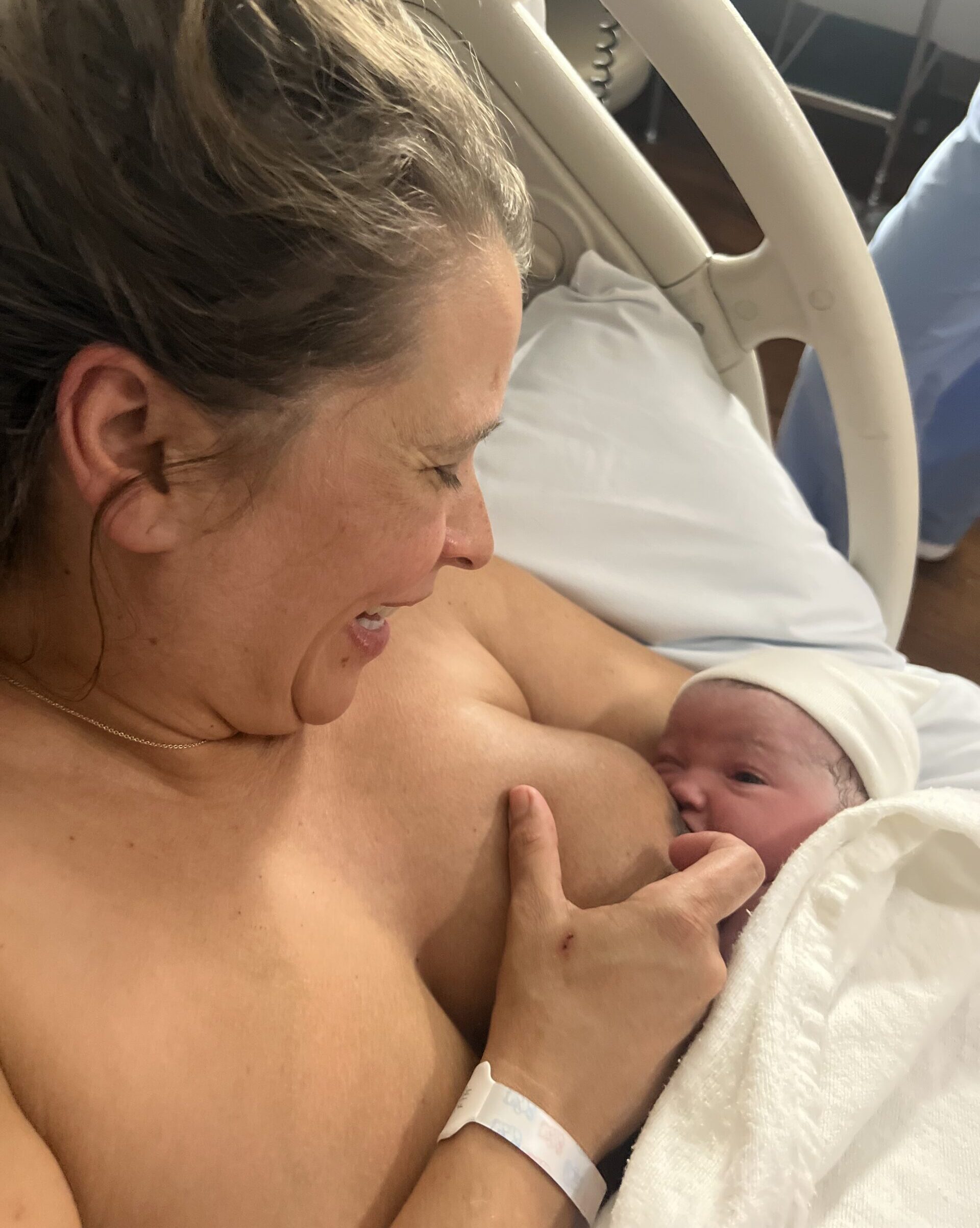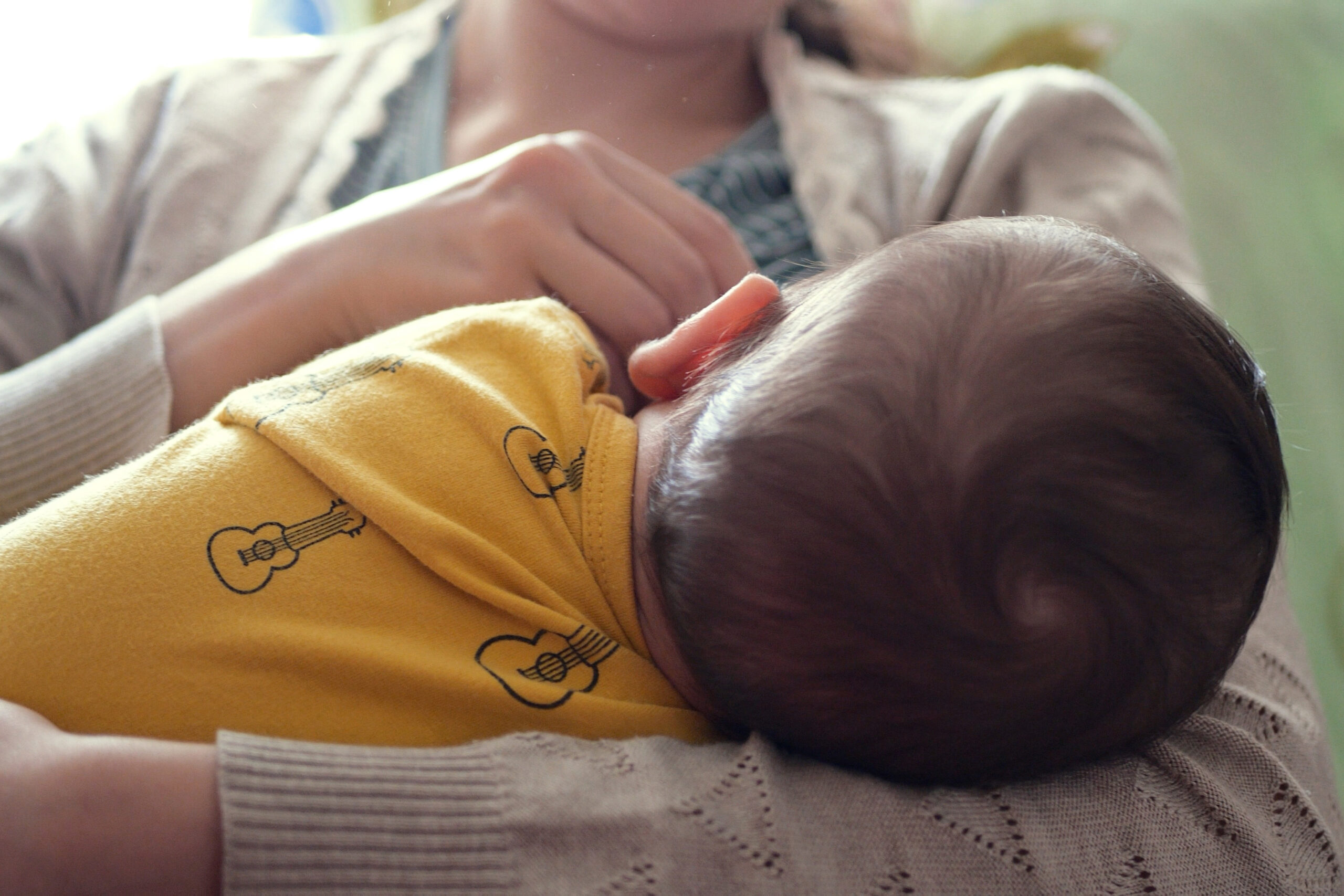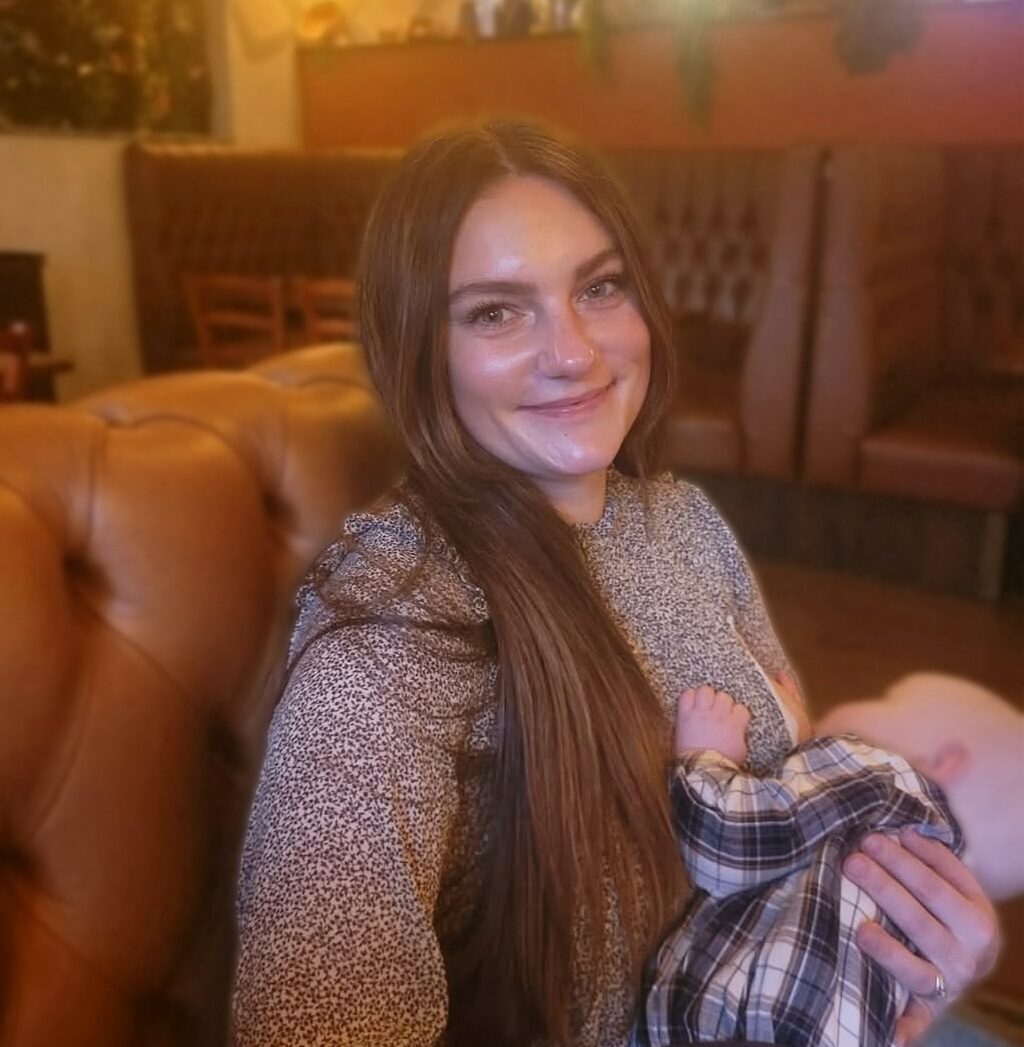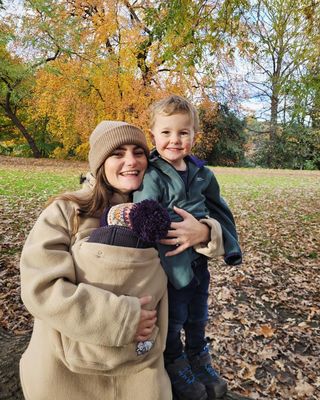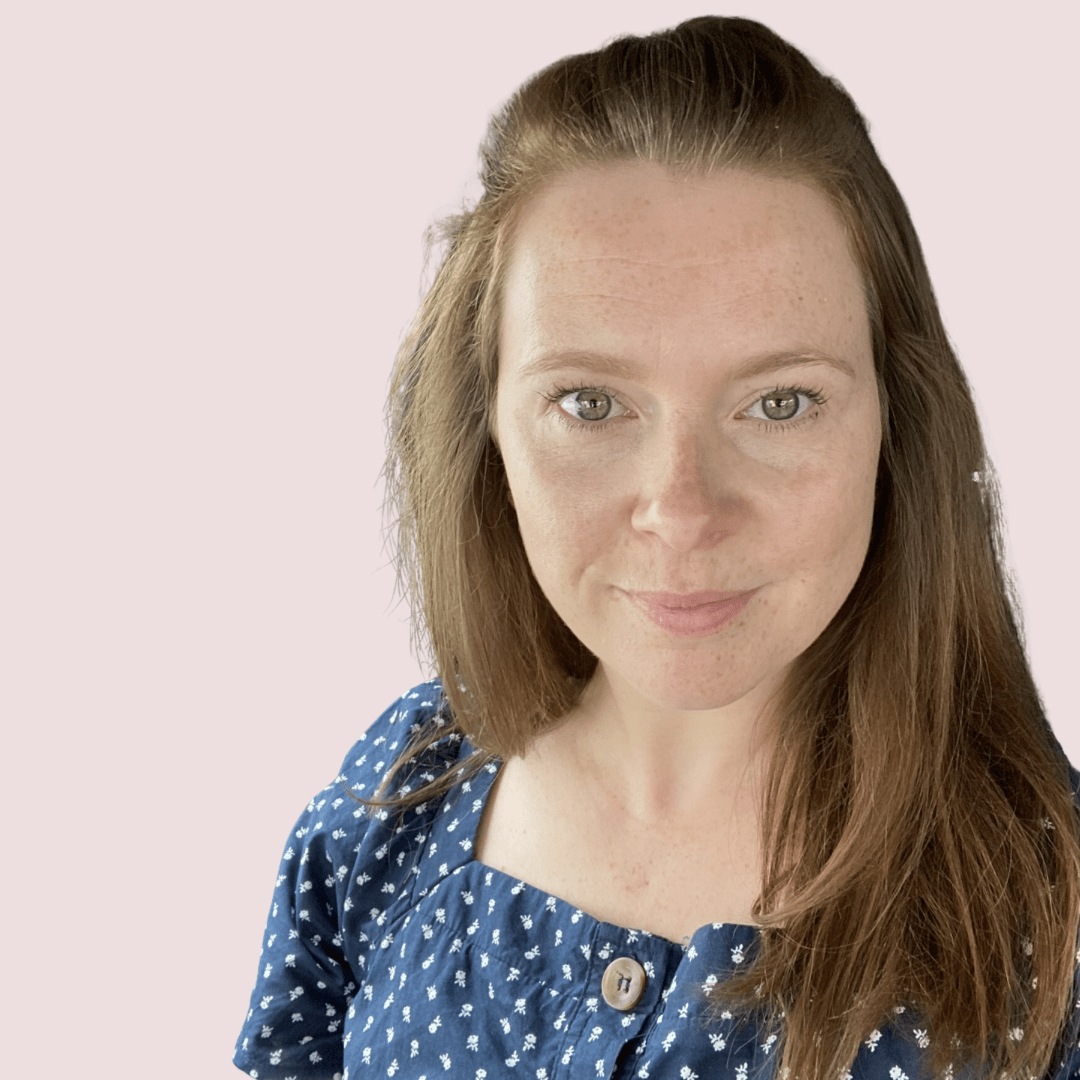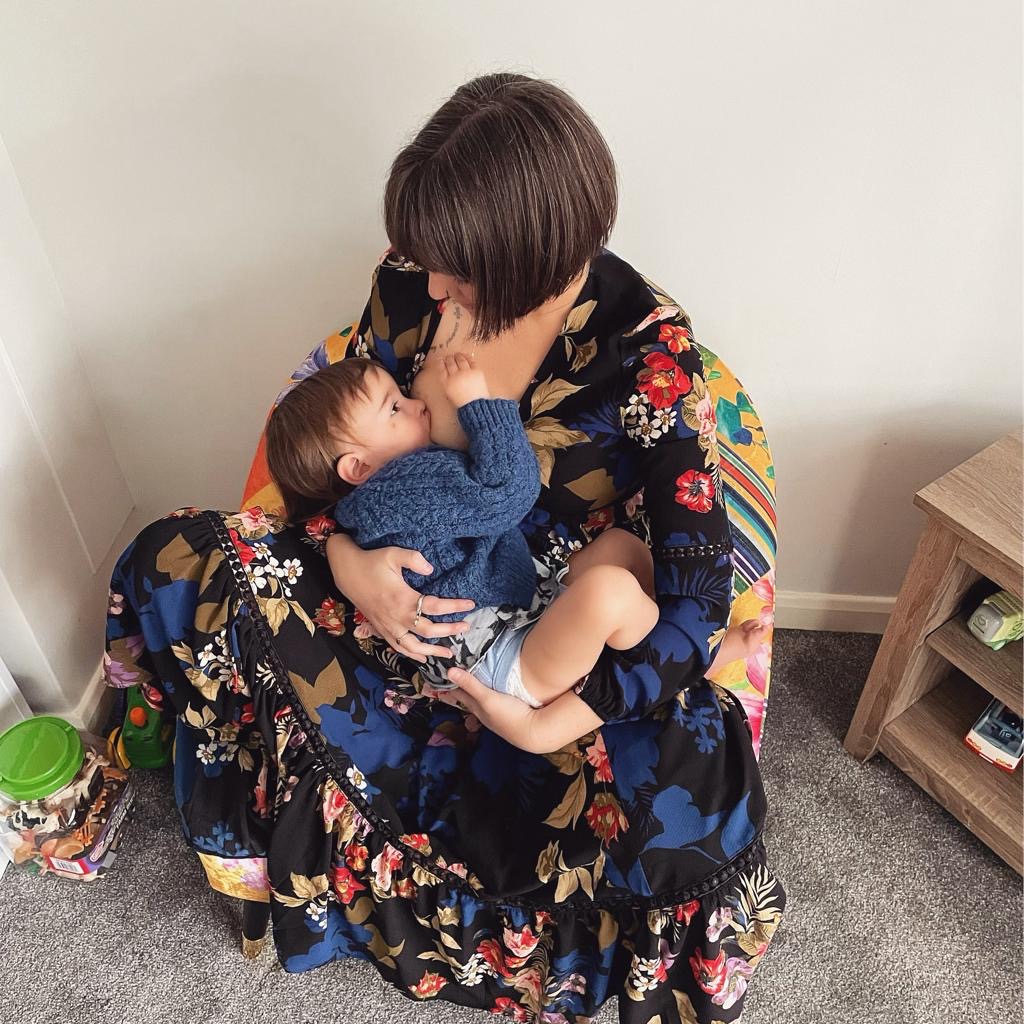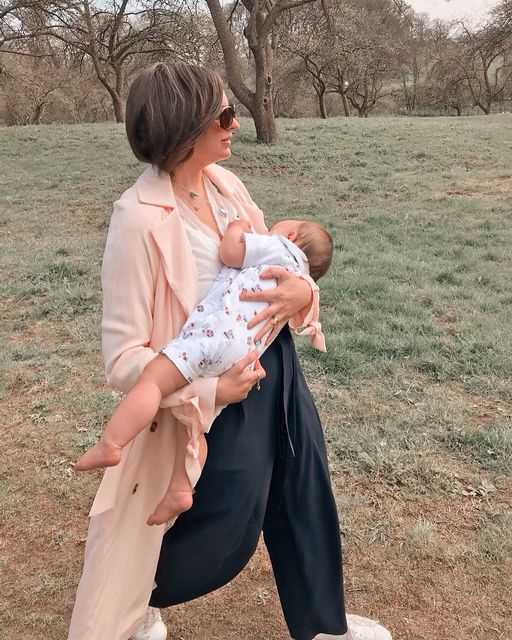Living through the Covid-19 pandemic is hard; it’s isolating, lonely, and stressful for all of us. Now imagine you’re a new mother. You may have had to go to your scans alone and, worst-case scenario, given birth alone. Your baby is in the ICU or a neonatal ward. You’ve been through so much but your body isn’t ready to produce milk and you / your child so desperately need mothers’ milk donations.
Stocks of donor milk are critically low
The sad truth is stocks of donor breast milk were low before, now it’s critical. This is a harsh undocumented reality for some of the newest members of our tribe. The pandemic is impacting the most vulnerable people in our society, and that includes babies who are only at the beginning of their life. We need to stop this, as only we can.
Because whoever said, “don’t cry over spilled milk”, definitely wasn’t breastfeeding! As any breastfeeding mama will testify, every drop we make is golden, we don’t waste it. The colostrum milk that mamas make in the beginning gives your baby everything they need to start off in the world. It is magic, pure magic.
I tried and failed to use donor milk for my baby
Our milk is precious, very precious, in those first few months. That’s why I decide to give mine away and so should you. The reason I’m so passionate about this was I tried and failed to use donor milk when I had my baby.
My baby was early, she was whipped out at 38 weeks by an urgent c-section. You know the ones where your body was planning on cooking them some more but science had other ideas. Of course, I knew my breasts wouldn’t get the memo until later and so I wanted to rely on donor milk.
I wanted to breastfeed, I knew that it was the best option and my chosen option. Whilst I have nothing against those who choose another route, I was sure breastfeeding was my and my baby’s path.
Our milk is precious, very precious, in those first few months. That’s why I decide to give mine away and so should you.
But I hit a brick wall at the hospital and was told donor milk was in short supply. I was only able to procure two feeds worth as limited stores were kept in reserve for the preemies and the Neonatal ward. So I had to pump furiously and top up with formula till my system got with the program. I decided there and then, as I had received, therefore I need to give.
Why is there such a shortage of human milk?
It was only when I got home from the hospital that I began to process everything. Not being able to access donor milk for my baby just wasn’t right. Of course, I understood that there were more vulnerable babies more deserving get the milk, but why isn’t there enough for everyone? By then my breasts had turned into beach balls and I was a human milk sprinkler system. I had plenty to spare and I know other mothers I did antenatal classes did too. There was no need for a shortage. I wanted to know why is there a shortage and how can we change that? I vowed to be part of the solution that no other mother in need would be denied.
Firstly what dawned on me, is what I had witnessed in the hospital. Every 40 mins or so a trolley of formula was wheeled out and several different brands in tiny bottles that you attached a teat to were offered to all the new mums in the ward indifferent to whether we were breastfeeding or not. And I was enraged. There is a shortage because we are encouraged not to breastfeed at all, let alone make more for others. Our bodies are amazing, truly amazing, they can regulate the milk to suit our babies needs and needed amounts. There is a symbiotic relationship between the saliva on your child tongue and parts of our nipples that concocts a perfect mixture of antibodies, fats, and vitamins for the next feed.
There is a shortage because we are encouraged not to breastfeed at all, let alone make more for others.
Breastfeeding doesn’t get the support it deserves
Then I found out 80% of mothers intend to breastfeed, this falls away to 50% once we leave either hospital or birthing centre and falls below 30% once home and pressures of home life invade and giving a bottle is deemed easier. ( I am not counting the woman who wanted to but just couldn’t breastfeed). Breastfeeding is hard for some. Painful at times. Fraught with false starts. Guilt, worry, expectations, pressure. Wanting to let Dad participate in the feeds. If it is any of the above that often leads a woman to stop breastfeeding.
80% of mothers intend to breastfeed, this falls away to 50% once we leave either hospital or birthing centre and falls below 30% once home and pressures of home life invade
Education and focus are being diverted from what nature has made best for us. How many of you were helped to feed in the hospital? I had one kind midwife that spent hours with me helping me get it right and all the rest just offered to bottle feed my baby!
Donating milk is often an after-thought
It is only due to my background that I even knew I could ask about donor milk whilst in the maternity ward. I was given no information on it in the hospital or at a breastfeeding talk I attended prior to that. I wonder, how many of you were made aware of The Human Milk Bank in your area? Were you given information on how to donate? I had to find myself the information to give back as such when I left. Unfortunately, human milk donation is an after-thought.
Lastly and most importantly I feel it is the messages we receive in society that are stripping away our basic right with judgments and unwarranted comments. Breasts are used to sell just about everything in advertising yet whip one out for its primary function and we are told to cover up or move away. Breastfeeding for some reason has become embarrassing, shameful. I was accused of being a hippie, boob warrior, and old fashioned. Given dirty looks or dirty back rooms where I would be ‘more comfortable’! We need to change this, reach out, speak out, encourage, and educate others. No wonder Mothers are shying away from feeding their own child and being pushed away from helping to provide a much-needed service for other wee ones in need.
The process of donating milk can be overwhelming
New mums, and those new to donating, can get so overwhelmed and lost in all the paperwork, process, and pressure of the whole thing. You need to make up your mind and start storing your milk asap as mothers’ milk donations have to be before your baby is four months old. You need to get a medical sign off from your doctor, get hold of a kit with labels, bottles, and special tamper-proof lids. For new mums, this can be daunting, tricky, complicated, and stressful. You are just coming to grips with a new human in your house and all their idiosyncrasies. Your body is doing things you never imaged it could. And let now get started on your emotional state…think roller coaster! So pumping milk on top of all that…I get it, it’s not going to be no.1 priority.
Now add in a pandemic, where there is no family and friends on hand for moral support, no face to face with breastfeeding support groups, health visitors, and midwives. Hospital visits are restricted to just Mum with baby, mandatory face shields, and a quick in and out. Breastfeeding coordinators are not on hand in the comfort of your own home, to physically show the best way to get the best from your body so you can supply your baby with milk and then produce more. Breastfeeding is hard work for some and with the added lack of encouragement, the isolation and loneliness that motherhood can thrust upon you. It’s easy to understand why mothers’ milk donations are at an all-time low.
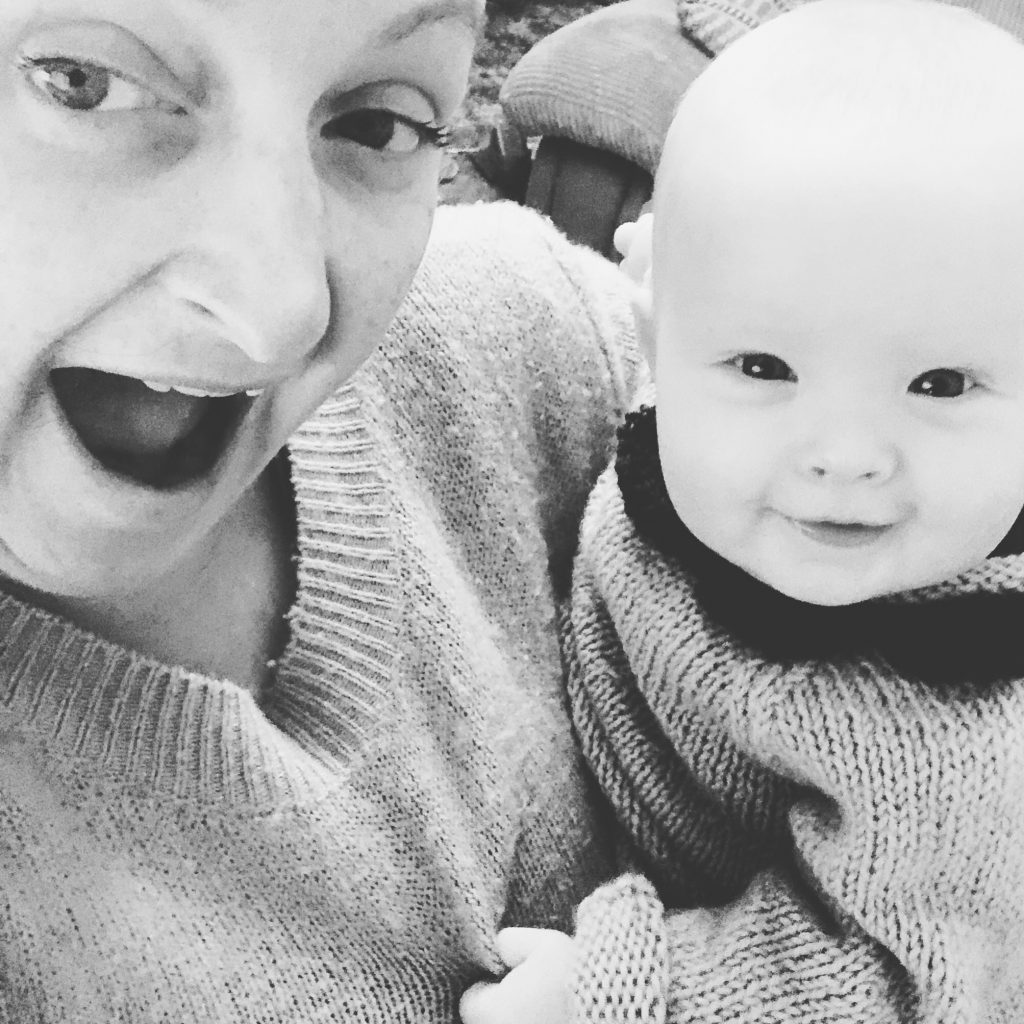
How to make donating milk easier
If donating milk is something you’d like to consider then hopefully I can persuade you to persevere. Here are some ways to help make the process as painless as possible:
- Your local milk bank will talk you through and post you everything you need including a direct number to have your donations collected from a place close to you.
- There are online forums and groups of like-minded ladies ranging from new Mums to Mums with new babies, breastfeeding coordinators, and retired midwives all with a wealth of experience and knowledge.
- Excellent electric pumps of many brands on the market to do the work for you; some of which can be rented out for short-term use.
- And my favourite, the silicone milk collector. Just pop it under your non-feeding breast while you are nourishing your wee one and it catches any drips. Very handy to have two when you’re leaking in-between feeds. Practically does the work for you.

Once you have filled your bottles (which happens surprisingly quickly once you get the hang of it!) Milk Banks have associations and networks of volunteers across your country that will collect the frozen milk from you. They then deliver it to your milk bank where it is kept until needed. When the time comes, milk bank bikers deliver the milk to hospitals, neonatal clinics, ICU’s, and the mothers in need. You get to be safe and snug/smug in the knowledge that you did your bit.
A badge of honour
Best of all is it is all worth it. A few months ago I received a letter saying my milk had been used and given a wee token of appreciation. A small gold pin, a symbol of a milk donor, I wear it with pride. And explain to anyone that asks or even if they don’t…what it means. For me it was symbolic of my pledge I made in the hospital, now it’s a badge of honour. Upon seeing the brooch, I had a mum stop me to say that her daughter needed donor milk as she was born early, really early, and had to be looked after in ICU. If it had not been for donation milk her daughter would not have been alive today. What more of a reason does anyone of us need?
Please reach out and contact your local milk bank if you are in a position to help. Donate, and give our smallest members the best start, during or after a rough start in life. There is nothing better for our wee ones than mothers milk, any mothers milk.
Please reach out and contact your local milk bank if you are in a position to help.
Find a milk bank close to you
If you would like to find out where there is a milk bank close to you, then visit the International Milk Banking website here.




